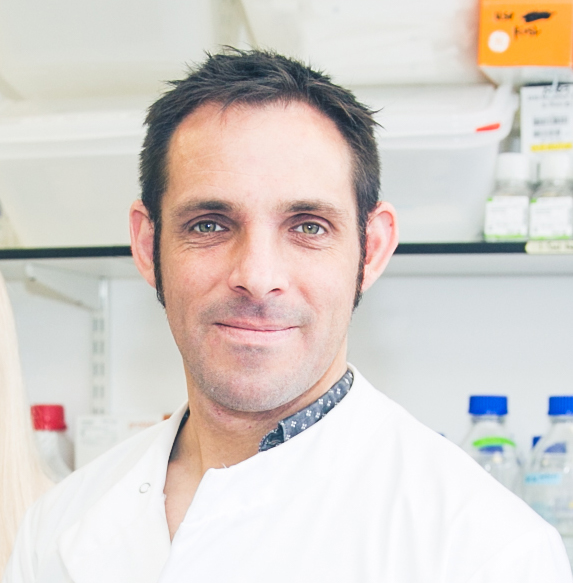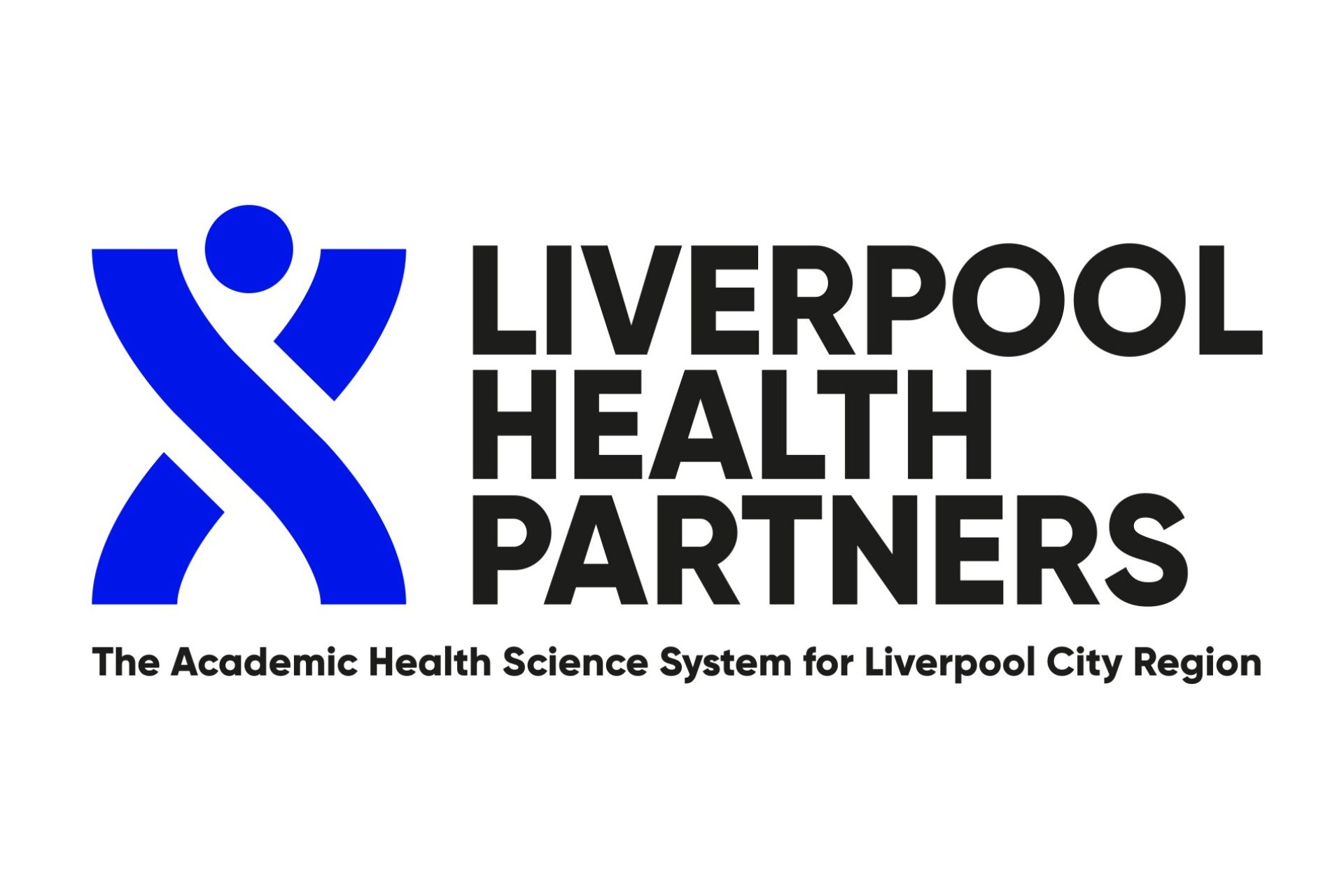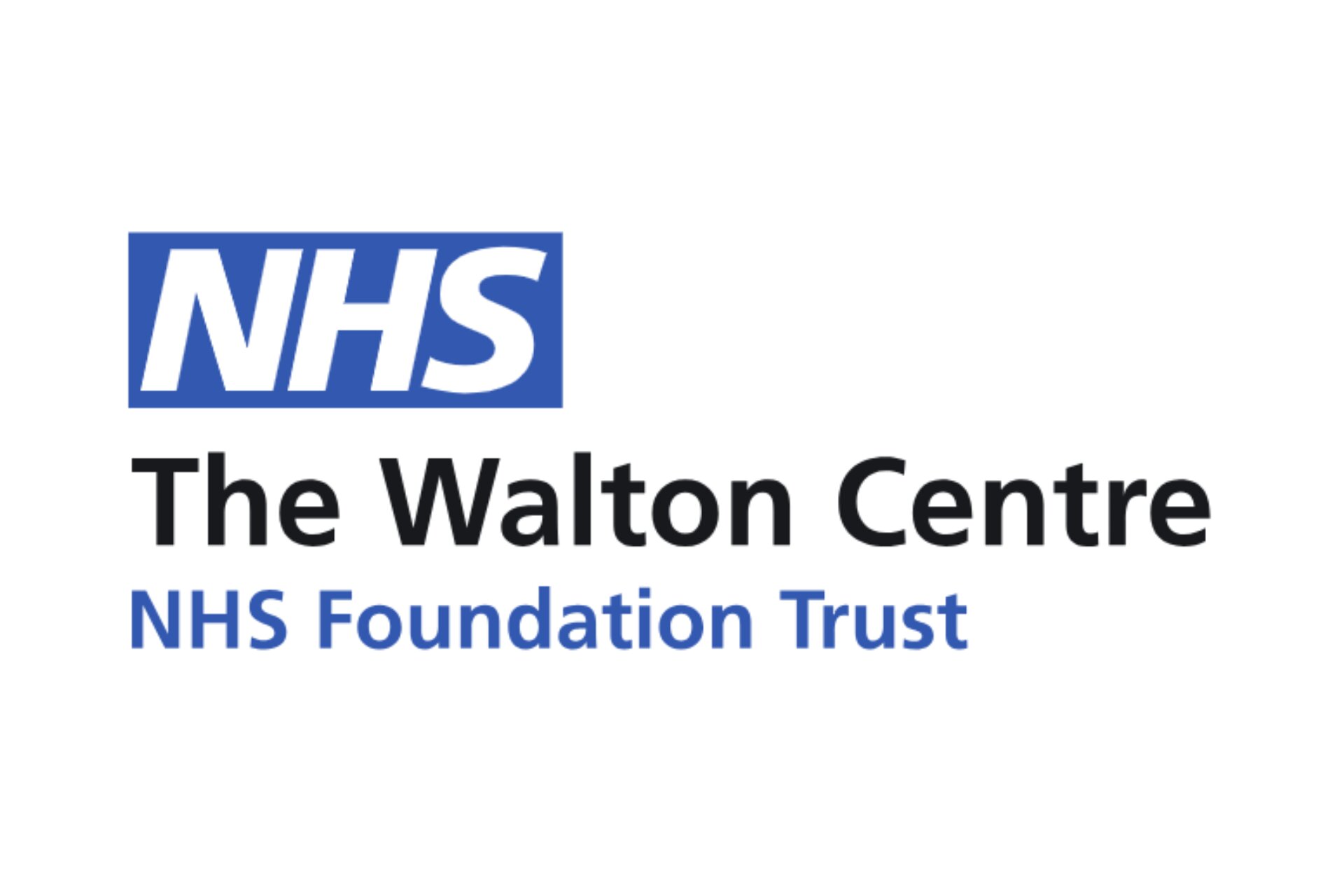
Molecular and Clinical Cancer Medicine
Bridging discovery science with therapeutic applications in cancer patients. Our mission is to optimise effective collaborations between scientists and clinicians to find better ways to detect and treat cancer.
We have built a strong reputation for clinical and non-clinical cancer research, and our translational oncology programme covers a wide spectrum of research activities, starting from the identification of novel targets, through their validation in pre-clinical in vitro and in vivo models, and ultimately their validation in early phase clinical trials. Our clinical research covers different cancer types, including pancreas and hepatobiliary cancers, head and neck cancers, brain tumours, haematological oncology, lung cancer, breast cancer and ocular oncology.
Staff in the Department of Molecular and Clinical Cancer Medicine












